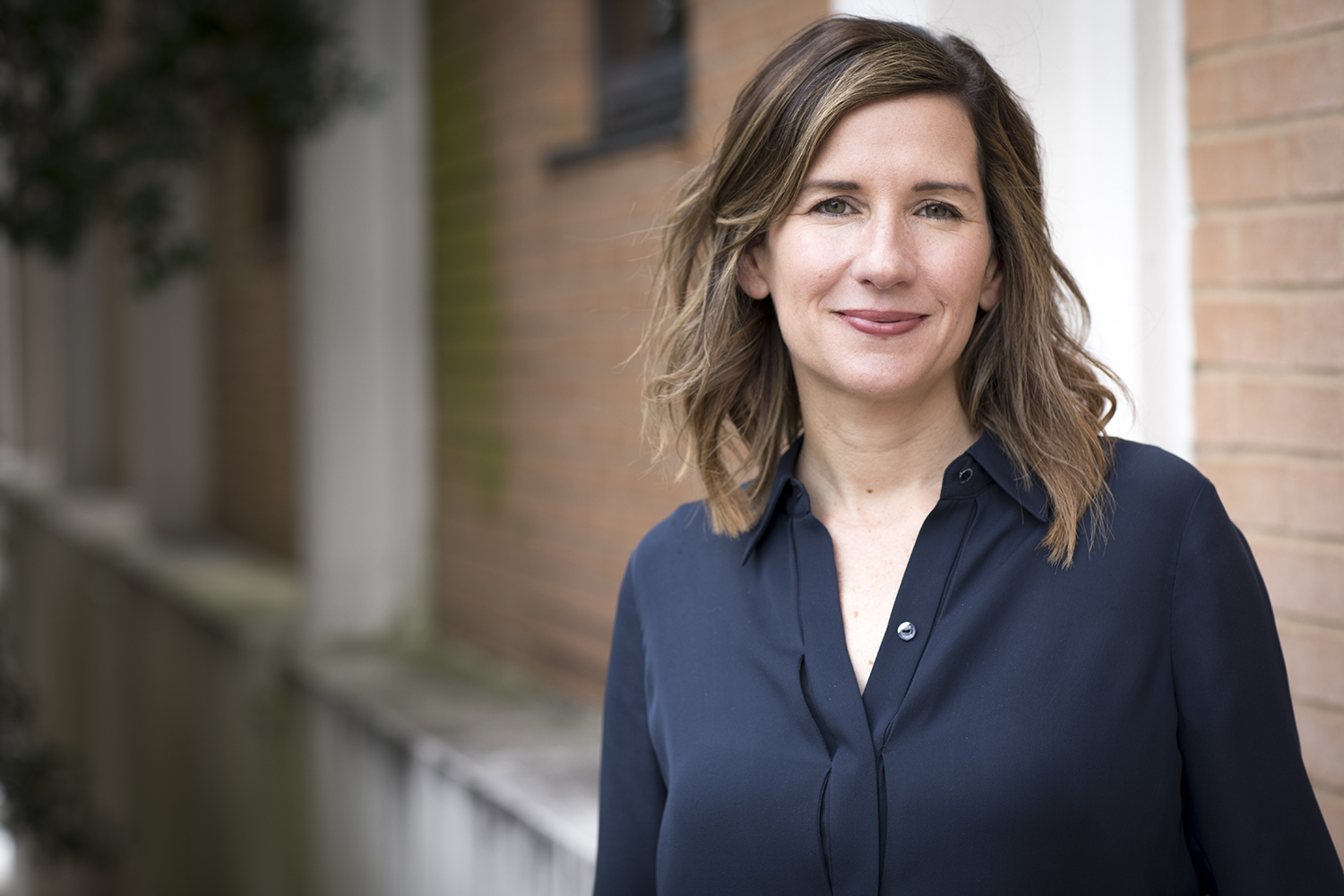
What I love most about our program is seeing the transformation of students from hesitant guide-on-the-side to empowered, skilled teacher of reading.
Professor
As a teacher educator, I have developed my research and practice to focus on identifying exemplary practices related to teacher development and determining effective instructional practices for students with learning disabilities, particularly in the area of reading instruction and intervention.
Teaching students with dyslexia and other reading disabilities requires an understanding of language development, the neurobiology of reading, and techniques for teaching the two-sided coin of reading and writing. Once candidates in our program learn the science of reading, the “how to” becomes transparent. One reason for the research-to-practice gap in education is that many teachers learn about effective teaching methods but do not master the application of those practices. Over the course of 17 years as a teacher educator in special education, I have developed a repertoire of innovative teaching practices that foster candidate mastery of specific instructional approaches. Within my courses, candidates are provided many opportunities to engage in the actual practice of teaching while receiving the feedback necessary to gain fluency and confidence in their practice.
My focus on translating research to practice is reflected in my editorial work. I currently serve as the Editor of TEACHING Exceptional Children, a research-to-practice journal of the Council for Exceptional Children, and Associate Editor for the Teacher Education Column of Intervention in School and Clinic, the Council for Learning Disabilities’ research-to-practice journal.
